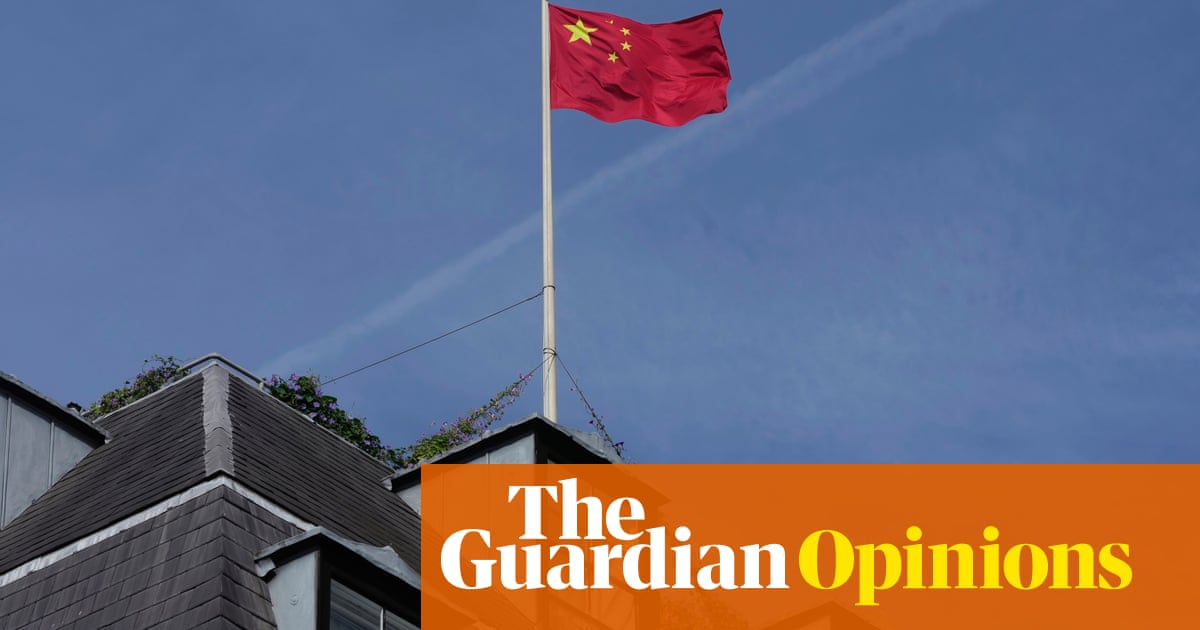
The news that a parliamentary researcher was arrested earlier this year on suspicion of spying for China has inevitably brought a flurry of attention to Beijing’s espionage operations. No charges have yet been brought, six months after the arrest under the Official Secrets Act, and the man involved insists that he is innocent. Countries spy on each other – be they allies, foes or somewhere in between. But whatever the truth of this case, there are reasons to be particularly concerned about Chinese intelligence efforts and Britain’s response.
One is simply that China is increasingly powerful, forceful and hostile to the west, and more repressive at home. Its nationalism is likely to intensify as its economy struggles. Another is its broad-brush approach. It seeks economic and technological advantage as well as traditional intelligence by a wide variety of means. As this year’s intelligence and security committee report on China noted, its “whole‑of-state” approach means that businesses, academic institutions and ordinary citizens are liable to be co-opted, willingly or not. A third is that governments are concerned about Beijing’s other covert operations. Canada has just ordered a public inquiry into alleged election interference by both China and Russia. Beijing may also be learning from Moscow. It has moved beyond covertly promoting its own position on issues via social media to, reportedly, spreading more general disinformation designed to sow distrust within the United States. Researchers say that the Chinese state was behind posts falsely claiming that Hawaii’s wildfires were caused by a “weather weapon” being tested by the US.
All of this demands vigilance. Increased funding for Mandarin language skills was a good start. So is looking more closely at Chinese investments. Determining whether someone is expressing views that Beijing shares thanks to their own consideration, or to influence operations, is not easy. But vigilance requires more understanding, not less. Contact with China, and reasoned discussion of its policies, practices and intentions, should not inherently be cause for suspicion.
Those who were born in China, and those of Chinese descent, are often most at risk from espionage. Fear of its consequences for themselves or others still in China may deter them from political involvement. But so, too, may unfettered suspicion. In the US, the Department of Justice’s now discontinued China Initiative was supposed to protect universities and businesses from spying, but led to grave concerns of innocent Chinese-American scholars being tarred by overzealous investigators. Such approaches are not only deeply unjust but counterproductive, leading the very people needed to advance science and technology, or to understand China better, to feel unsafe doing their work.
Greater transparency and clarity are needed. As the foreign affairs committee pointed out this summer, other senior ministers and civil servants can’t even read the Foreign Office’s China strategy thanks to its security classification. Companies and institutions would benefit from clear advice on where collaboration with Chinese individuals or businesses may become problematic, and where it is beneficial. A kneejerk response of cutting off contacts would be a mistake. It’s hard to understand what China wants, how it operates or where interests may align without talking to Chinese institutions and individuals.












